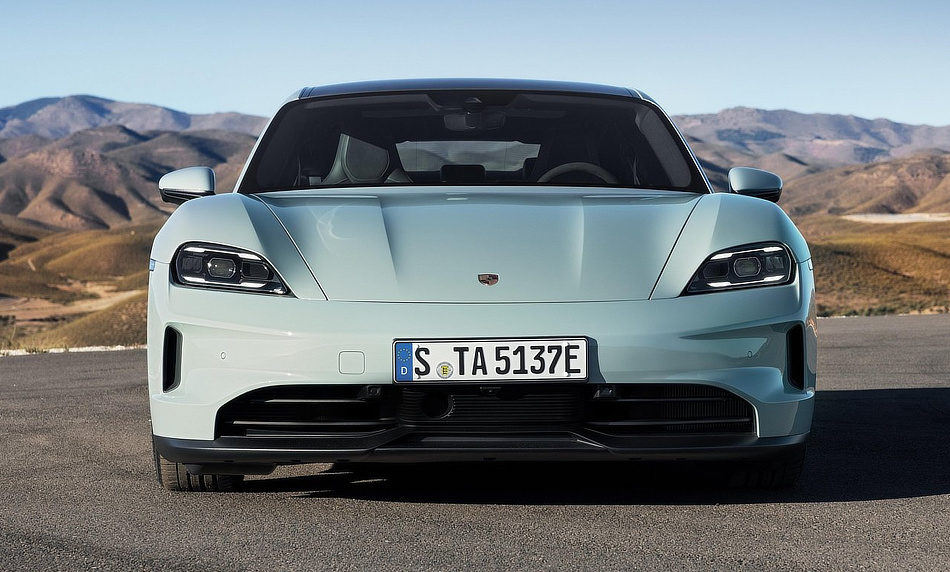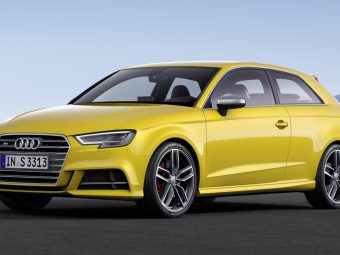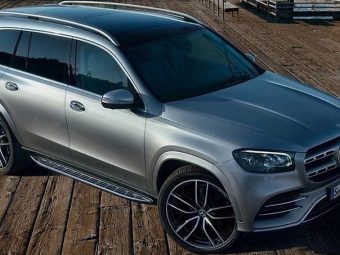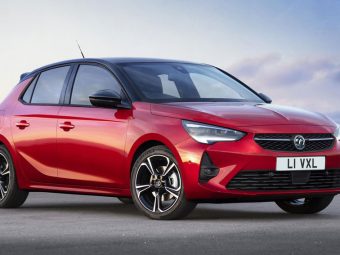The days of electric car range anxiety are over, thanks to Porsche’s myth-busting actions that electric cars are only suitable for short-range travel, reserved for those seeking to demonstrate their commitment to sustainability. But let’s pause for a moment. Porsche has recently unveiled the substantially upgraded Taycan, commonly referred to as a mid-lifecycle refresh. As is typical with automotive refreshes, the exterior enhancements are primarily aesthetic in nature. The Porsche Taycan now features redesigned front and rear bumpers, as well as updated front and rear light cluster designs Additionally, the rear light clusters offer an optional LED illumination package, which also illuminates the Porsche typeface.
Overall, the refresh seems to follow a straightforward approach. Indeed, the exterior revisions are subtle and neither a significant improvement nor a downgrade. Typically, in refreshed models, engineering remains largely untouched, with perhaps only a slight increase in power.
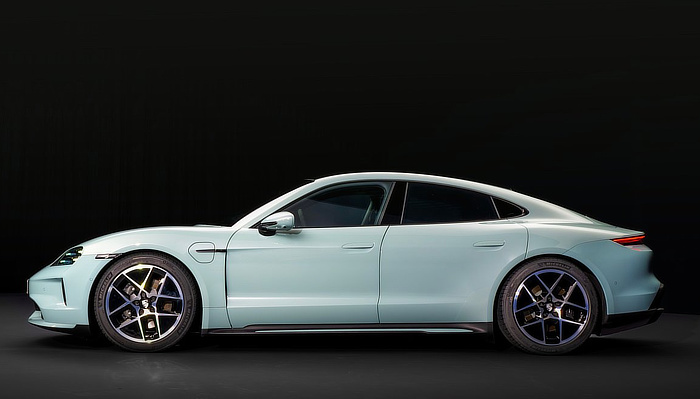
However, Porsche has taken a different route with this update, focusing on numerous minor and major engineering upgrades. Of particular note are the enhancements made to the battery pack, electric motors, and suspension systems, which signify a comprehensive effort to elevate and improve efficiency and performance.
The range upgrade stands out as one of the most significant updates. The upgraded battery pack comes in a standard size of 86.6 kWh and an optional 105 kWh Performance Battery Plus. The latter claims a range of 422 miles when paired with the single rear motor-propelled Taycan. However, the figure of 422 miles is based on flawed WLTP test profiles and should be disregarded.
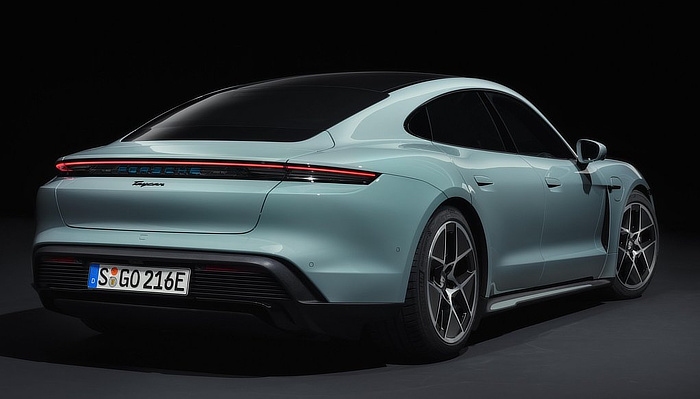
That being said, companies often quote a WLTP range that is 50-70 miles less than the total real-world range. So, if we apply that to Porsche’s WLTP claim of 422 miles, the upgraded Taycan could have an estimated real-world range between 352 and 372 miles.
While the interior design remains largely unchanged, a notable upgrade includes the full integration of Apple CarPlay into both the car’s infotainment system and driver display. Additionally, passengers now have the option to enjoy an additional display for in-car video streaming, enhancing the overall entertainment experience.
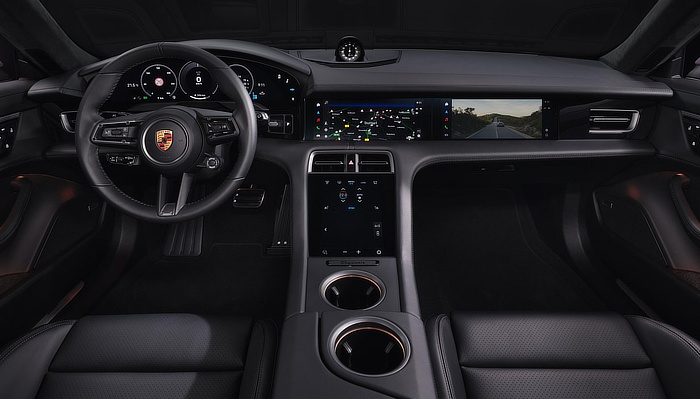
Overall, the interior optional extras remain largely familiar, with several enhancements including interior trim upgrades and exterior new colour selections. In terms of driver safety, there have been minimal changes compared to the outgoing model, ensuring continuity in safety features.
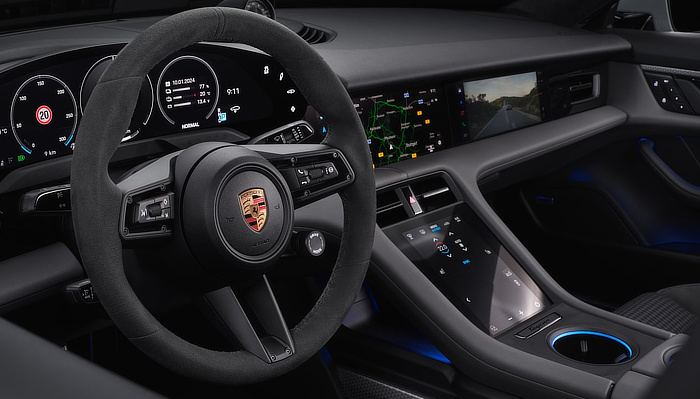
While the current Taycan already boasted impressive performance figures, Porsche has further enhanced its electric motor design, resulting in improved efficiency and a remarkable gain of 107bhp over its predecessor.
The flagship Turbo S variant, now boasting a reduced 0-60 time of 2.3 seconds, a 0.3-second improvement, solidifies its position as the swiftest Taycan in the lineup. The 2025 year model Porsche Taycan Turbo S increases total system power to 939 hp (700 kW/952 PS) when employing launch control.
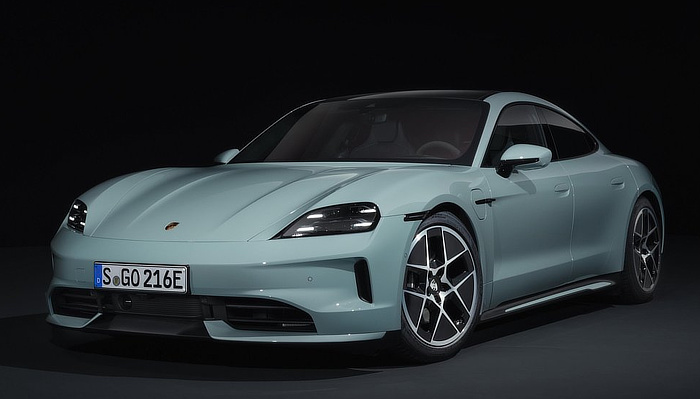
Vehicles equipped with the Sport Chrono package are outfitted with a ‘push to pass’ button, empowering drivers to activate a temporary boost of up to 94 hp (70 kW/95 PS) for a maximum duration of 10 seconds at a time.
The upgraded Taycan will now boast a standard adaptive air suspension across all models. Furthermore, for those opting for AWD variants, the Porsche Active Ride suspension stands as an optional enhancement.
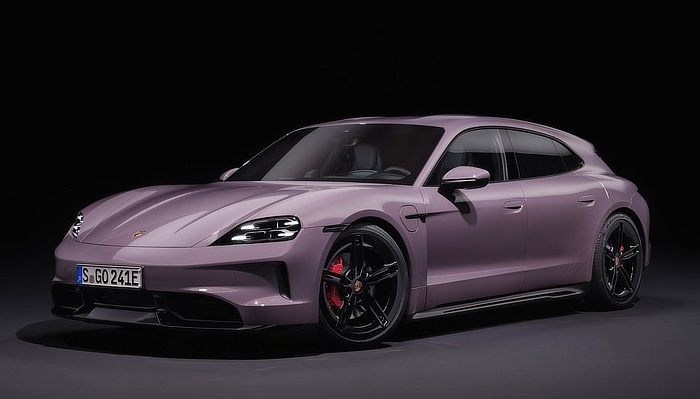
The Taycan’s new 800-volt system enables a fast-charging rate from 10% to 80% capacity in under 18 minutes at an ambient temperature of 15°C, a notable improvement compared to the previous model which required 37 minutes for the same charge.
The upgraded Porsche Taycan will be exclusively offered in the four-door saloon/sedan and Cross Turismo versions in North America. Porsche has made the decision to discontinue the Sport Turismo variant, which was previously exclusively available in the GTS trim.
The upgraded Porsche Taycan is set to hit the UK market in Spring, offering a starting configuration with a single rear motor priced at £86,500. Customers can choose from three twin-motor powertrains: the 4S, starting at £95,900, the Turbo, priced at £134,100, and the Turbo S, which comes in at £161,400.
